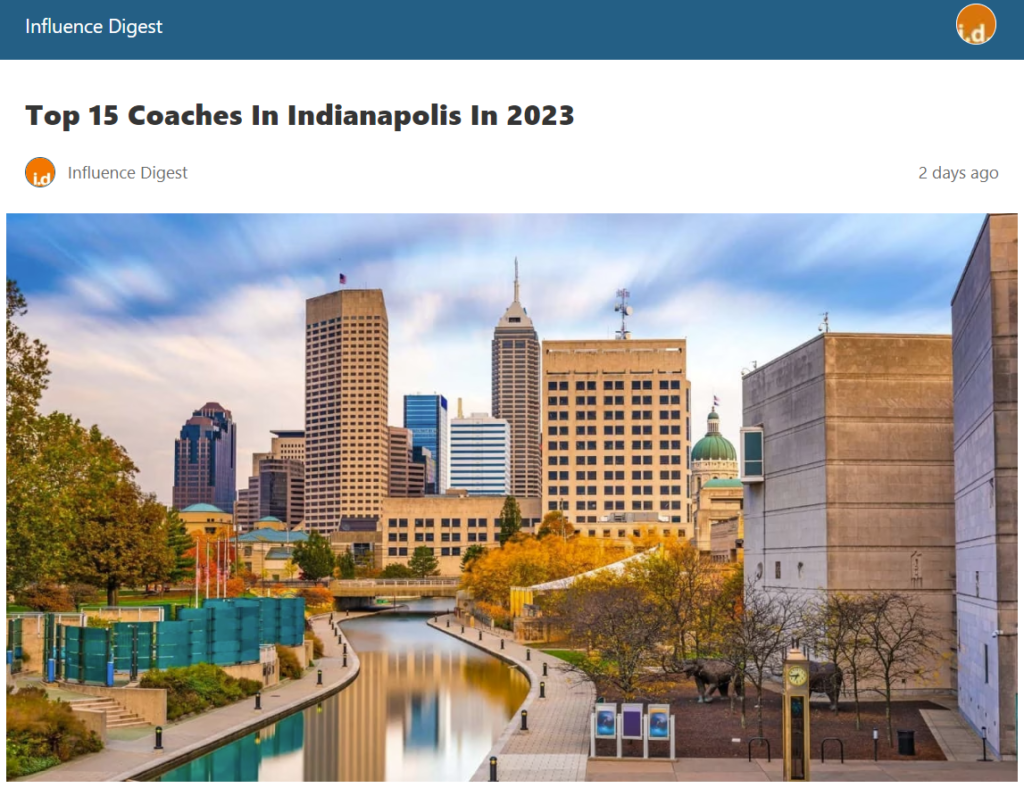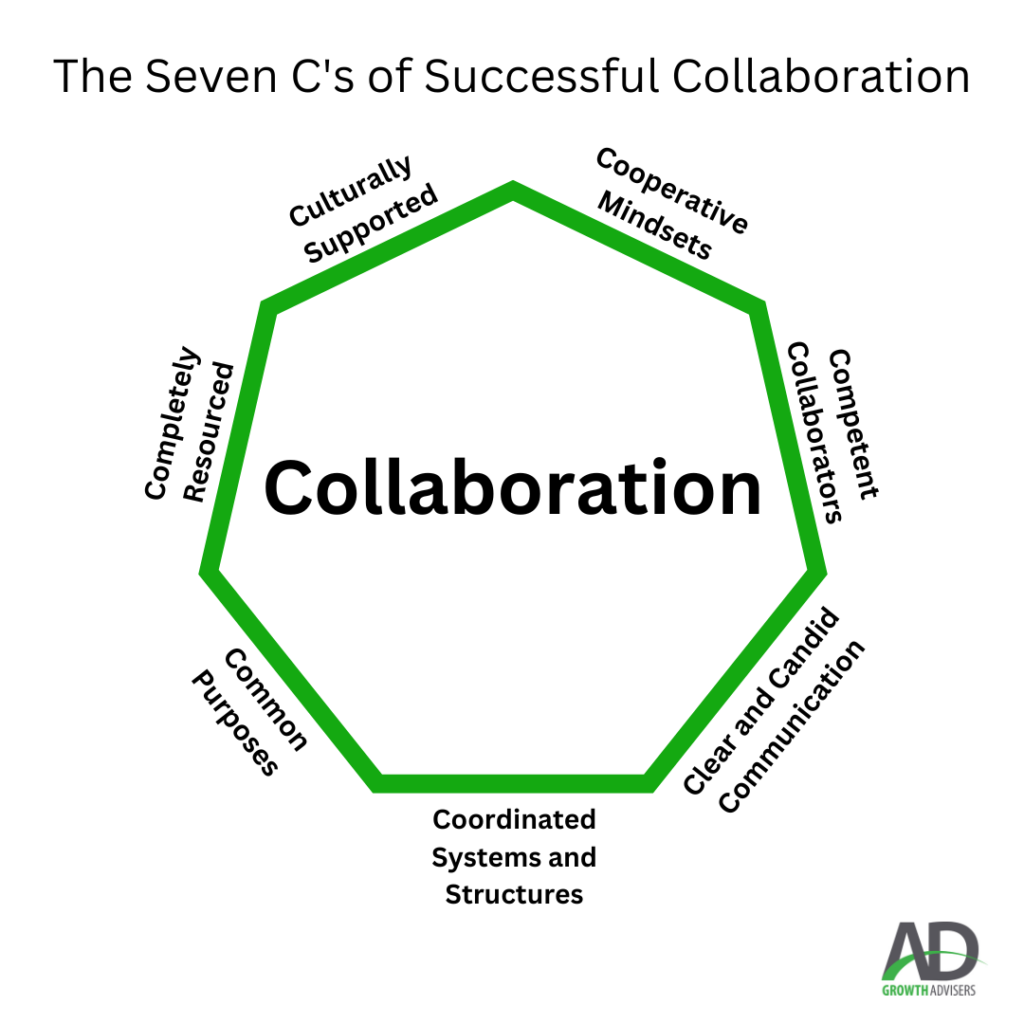
Collaboration is a problem-solving method to co-create innovative solutions.
Effective leadership is collaborative.
I help businesspeople with 20-500 employees master collaboration and solve people-induced performance problems.

I’m Andy Dix, a Business Adviser and Board Certified Executive Coach. Businesspeople work with me to master organizational collaboration and solve people-induced performance problems.
Let’s work together so you and your people work better together.

What are people-induced performance problems?
People-induced performance problems can take many forms, such as:
- low-quality work outputs
- missed sales targets
- employee turnover
- interpersonal conflicts
- turf wars
- non-cooperation
- rampant absenteeism
- policy non-compliance
- failed projects
- low employee satisfaction scores
- scathing Glassdoor reviews
- customer complaints
- internal politics
- information hoarding
- and more
People are involved in most aspects of any business. They can contribute positively or negatively to workplace performance. People-induced performance problems can appear as symptoms of larger systemic issues and as the root cause of problems. I use proven performance improvement techniques to evaluate and solve these problems systematically.
Meet the Problem Inducers
Mika the Micromanager – Mika closely monitors and controls every aspect of her employees’ work, leaving little room for creativity or independent thinking. She believes she is being helpful and responsible.
Negative Ned – Ned always sees the negative side of things and often spreads this attitude to others, leading to a toxic work environment. Ned thinks he is being responsibly cautious and protective of the company.
Gerry Gossiper – Gerry spreads rumors and discusses others’ personal affairs, which can lead to a lack of trust and tension among colleagues. Gerry feels he is being helpful in sharing his concern and privileged information.
Billi Bully – Billi uses intimidation, threats, or verbal abuse to manipulate others and creates a hostile and stressful work environment. Billi believes in being assertive and is focused on winning at all costs. Billi thinks the collegial combat is all in good fun.
Petra Perfectionist – Petra sets unattainable standards and criticizes others who do not meet them. Petra can create anxiety and low morale among team members. Petra believes pressure makes diamonds and that excellent is not quite good enough.
Passive-Aggressive Paul – Paul avoids direct communication and uses subtle hints or sarcasm to express dissatisfaction with others. They can create confusion and misunderstandings. Paul believes they are kind by being indirect and fears direct confrontations.
Know-It-All Noelle – Noelle believes she has all the right and best answers and is unwilling to listen to others’ ideas or feedback, leading to a lack of collaboration and resentment. Noelle feels valuable using her intelligence and mental agility. She self-identifies as a great leader.
Chronic Complainer Chan – Chan often focuses on what’s wrong and rarely acknowledges what’s going well, which can bring down the mood and energy of the team. Chan thinks his critiques are well-intended and helpful for pointing out problems.
Unreliable Uriel – Uriel fails to meet deadlines, misses important meetings, and delivers subpar work that causes delays, frustration, and a lack of trust among colleagues. Uriel feels overwhelmed and burnt out by what she believes are unreasonable deadlines and expectations.
Non-Team Player Nate – Nate prioritizes his own interests and refuses to collaborate or help others. He hinders progress and creates a disengaged team. Nate is focused solely on advancing his career as fast as possible and sees everyone else as potential rivals who stand in the way of his success.
Many more people are joining this problem-inducing club on any given day. The good news is they can all usually be coached back into performance. They are not bad people. They are people doing unhelpful things that appear helpful to them. We work together to reframe their attitudes, change unproductive behaviors, and grow their competencies.
Collaboration @ Work!

Effective collaboration doesn’t just happen on its own. People must learn to navigate the seven C’s of effective collaboration successfully. Acting as an effective collaborator is a learned skill set that requires the seven supporting elements. We help your people master collaboration and enable collaboration as an organizational competency. Collaborative organizations are capable of rapid and agile change and creative innovation.
How I help
Free Growth Resources
Visits: 8380